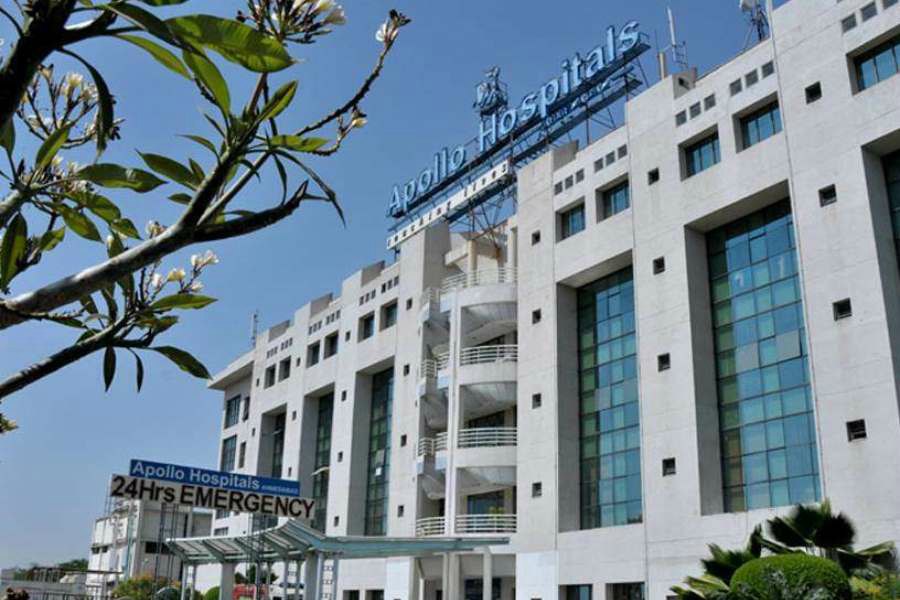
Overview
Oral cancer is a rising problem in the world. India contributes to around one-third of the total oral cancers in the world. Among all cancer cases in India, approximately 30% of the cases are of oral cancers. Oral cancers are very common but can be cured when diagnosed at an early stage.
Oral cancers are the cancers that may develop in any tissue of the oral cavity like lips, gums, tongue,floor of mouth, inner lining of cheeks, and roof of the mouth. Oral cancer belongs to the category of head and neck cancer.
Causes
The actual cause of oral cancer is not clear yet. However, some factors may increase the risk of the developing oral cancer. They include:
- Aged above 55 years
- Consumption of tobacco in any form (smoking or tobacco chewing)
- Increased amount of alcohol consumption
- Excessive sun exposure of the lips
- Human papillomavirus (HPV) infection
- Having a weak immune system
- Having lichen planus
SYMPTOMS
Some common signs and symptoms of oral cancer include:
- Mouth pain
- Loose teeth
- Red patch (erythroplakia) or white patch (leukoplakia) inside the mouth
- Mouth or lip sore that does cure
- Lump or growth inside the mouth or neck
- Long-lasting ear pain
- Difficulty or pain in chewing, speaking or swallowing
- Numbness or pain in the mouth that stays for long
- Bleeding in the mouth
- Change in voice
- Swelling in the jaw
DIAGNOSIS
Oral cancer can be diagnosed easily with routine dental check-ups. The dentist may find out the signs of oral cancer during a regular check-up.
If the signs of oral cancer are detected, the doctor will obtain history of medical conditions and risk factors and do a detailed oral examination.
Oral examination: A complete examination of the oral cavity, including the mouth, lip, back of the mouth, and throat is done. Presence of any sores, or white patches will also be evaluated. If any suspicious area is found, biopsy may be done.
Biopsy: In this test, a small amount of tissue is removed from the suspicious area. This sample tissue is tested in the laboratory to check for cancerous tissue or any precancerous changes. The tissue sample can be removed by a needle or a cutting tool. Biopsy test are the standard test to confirm oral cancer.
Once oral cancer is confirmed, tests such as endoscopy, CT scan, MRI scan, or PET scan are done to evaluate whether cancer has spread beyond the mouth.
RISK FACTORS
Like all other surgeries, oral cancer surgeries are also associated with some risks like infection and bleeding.
POST-OPERATIVE CARE
After the surgery of mouth, jaw, larynx (voice box), tongue or throat, the patient may experience problem in speaking.
The patient may have difficulty in breathing. Therefore, to the patient may have to get a tracheostomy to help in breathing. In most of the cases, tracheostomy is temporarily and will be removed within 3-4 days.
The patient may feel pain after surgery. Some medications may be given to relieve pain.
TREATMENT
The choice of treatment for oral cancer depends on the location and aggressiveness of cancer. The treatment can be given to remove cancer, ease the symptoms, or control the spread of cancer. The patient may receive one treatment or a combination of different treatments. The treatment options may include:
Surgery: It is usually the first treatment choice for oral cancer that is benign, small, or in an early stage. Based on the stage of cancer, surgeries can be of the following types:
- For localized tumour: The tumour along with the margin of healthy tissue (to ensure complete tumour removal) is excised. Small tumours can be removed through minor surgery, whereas, removal of large tumours may need more extensive procedures. In some cases, a section of the jawbone or portion of the tongue may also be removed along with the large tumours.
- For cancer that has spread to the neck: If the cancer cells have spread to the lymph nodes in the neck region or if there is a high risk of spreading up to the lymph nodes, the neck dissection may be done. In this procedure, cancerous cells that may have spread to the lymph nodes are removed.
Restorative surgery:
Sometimes, the patient may need to undergo reconstructive surgery to rebuild the mouth and regain the ability to eat and talk. In these surgeries, the grafts of bone, muscle, or skin are used to reconstruct the mouth.
If there is tooth loss, dental implants are placed to substitute the natural teeth.
If there is a problem in eating, a feeding tube is given to the patient, which may be inserted from the nose up to the stomach (for short-term) or into the stomach through the skin (for long-term).
Radiation therapy: It is a type of cancer treatment, which uses high energy beams, like X-rays or protons, to destroy cancer cells.
Radiotherapy can be given alone in case of early-stage oral cancer. In other cases, it given in combination with other treatments likes surgery or chemotherapy. In advances stage of oral cancer, radiotherapy is given to ease the symptoms like pain.
Chemotherapy: It is a type of treatment in which medications are used to kill the cancer cells. It can be given as a single treatment or in combination with other treatments like radiation therapy or surgery. In this therapy, a single chemotherapy drug can be given, or a combination of different drugs can be given. The dose of the chemotherapy drug depends on the type of cancer, stage of cancer, and health of the patient.
Targeted therapy: This therapy obstructs the way cells grow and divide. The targeted therapy drugs inhibit certain factors that support growth and division of cancer cells. Targeted drugs can be given alone or in combination with radiation therapy or chemotherapy.
Cetuximab is a targeted therapy drug that can be used to treat some oral cancers.
Immunotherapy:
Immune therapy involves using medications which stimulate the immune system to fight against cancer. Sometimes, the cancer cells escape from the immune system by producing proteins that blind the immune system cells. This process is hindered by the immunotherapy.
People with advanced oral cancer who do not respond to standard treatment are prescribed immunotherapy.


 Best Hospitals
Best Hospitals












